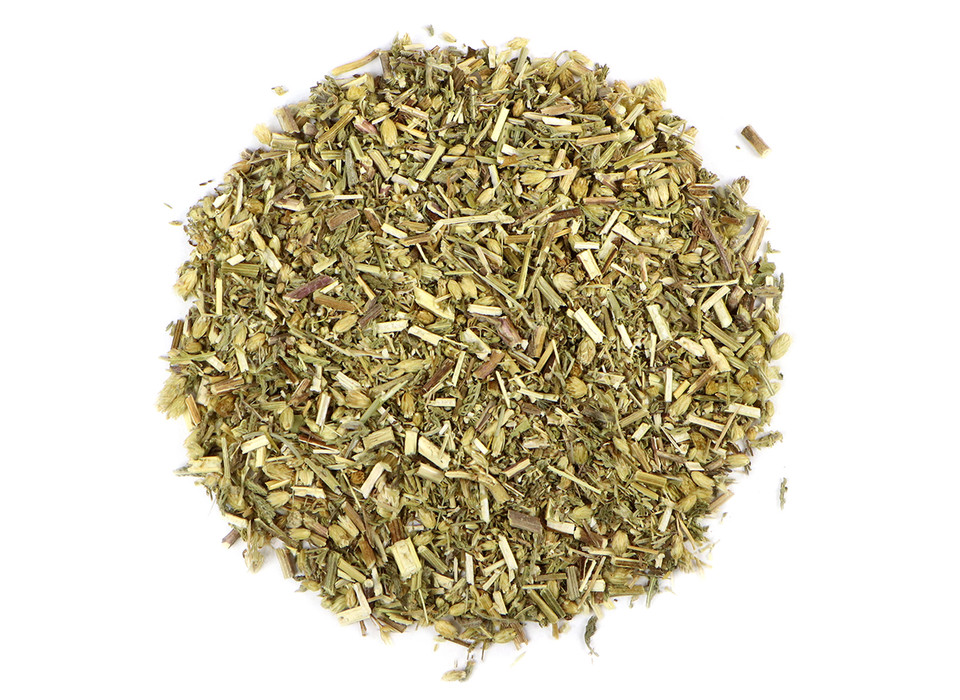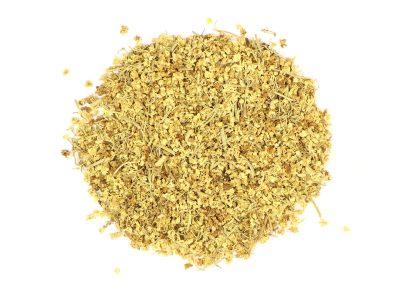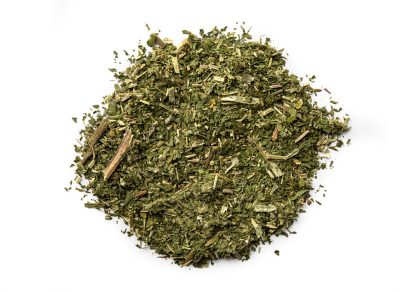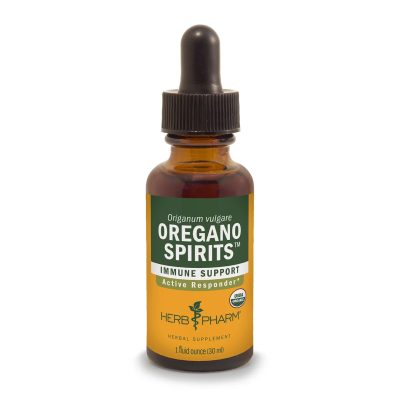While we work to ensure that product information is correct, on occasion manufacturers may alter their ingredient lists. Actual product packaging and materials may contain more and/or different information than that shown on our Web site. We recommend that you do not solely rely on the information presented and that you always read labels, warnings, and directions before using or consuming a product. For additional information about a product, please contact the manufacturer. Content on this site is for reference purposes and is not intended to substitute for advice given by a physician, pharmacist, or other licensed health-care professional. You should not use this information as self-diagnosis or for treating a health problem or disease. Contact your health-care provider immediately if you suspect that you have a medical problem. Information and statements regarding dietary supplements have not been evaluated by the Food and Drug Administration and are not intended to diagnose, treat, cure, or prevent any disease or health condition. PhysioFormulas, LLC DBA Your Healing Store assumes no liability for inaccuracies or misstatements about products.
Yarrow
$10.75
In stock
Description
Yarrow is an herbaceous perennial with featherlike leaves and clusters of tiny, fragrant white to pink flowers. It can be found cultivated in gardens and along fields, mountains, and roadsides as a common weed. Achillea millefolium has a long history of use for its healthful properties in traditional Western herbalism. Dried yarrow leaf
and yarrow flower are combined for use in skin care creations and herbal tea blends. Our organic yarrow leaf and flower can also be used in tincturing.
Yarrow is a flowering perennial, common in North America but also native to Europe and Asia. Also called milfoil, its leaves are soft and highly segmented with a characteristic appearance that is almost feather-like. Yarrow grows stalks during the summer months, with a height that is dependent upon the seasonal rainfall. During dry years, these stalks may only grow a foot or two, preserving energy in its roots. Clusters of tiny white flowers grow atop the stalks, emitting a distinctive and characteristic aroma.
Yarrow received its Latin name Achillea from the legendary Greek hero Achilles. According to the common legend, Achilles's mother dipped him into the river Styx by the ankle in an effort to make him invulnerable. Fighting many battles as a seemingly invincible warrior, Achilles used yarrow to treat the wounds of his fellow soldiers. He later died from a wound to his heel, as it was the one unprotected part of his anatomy.





